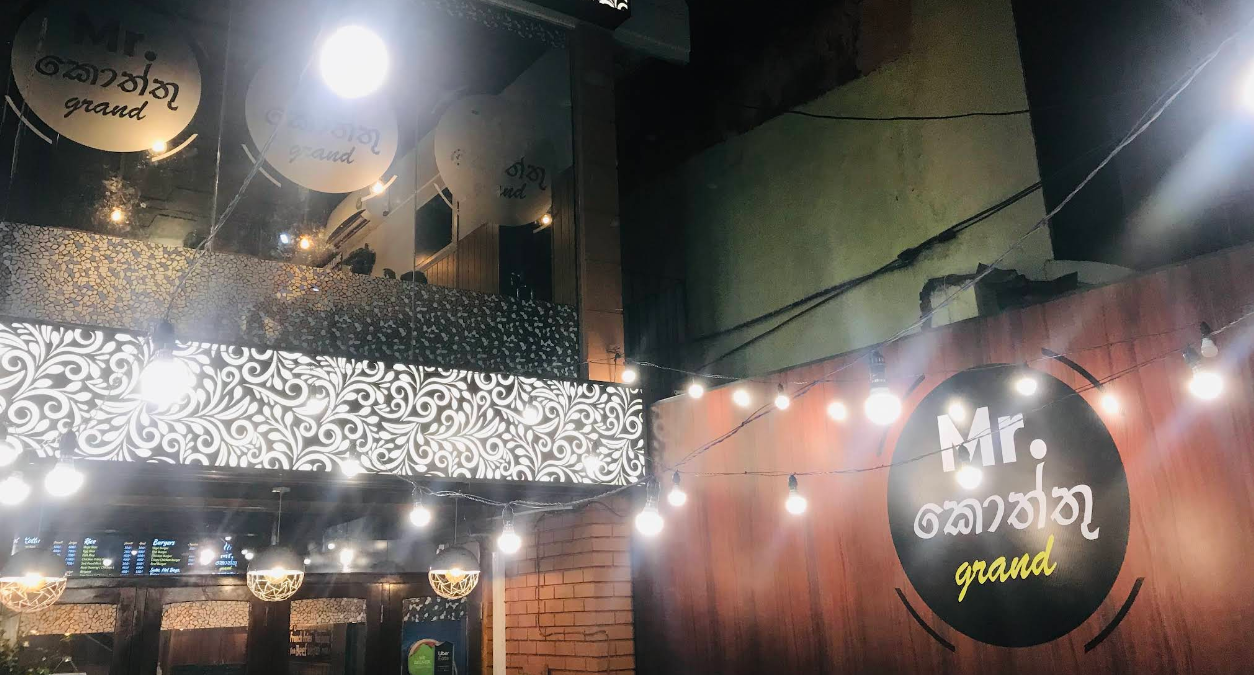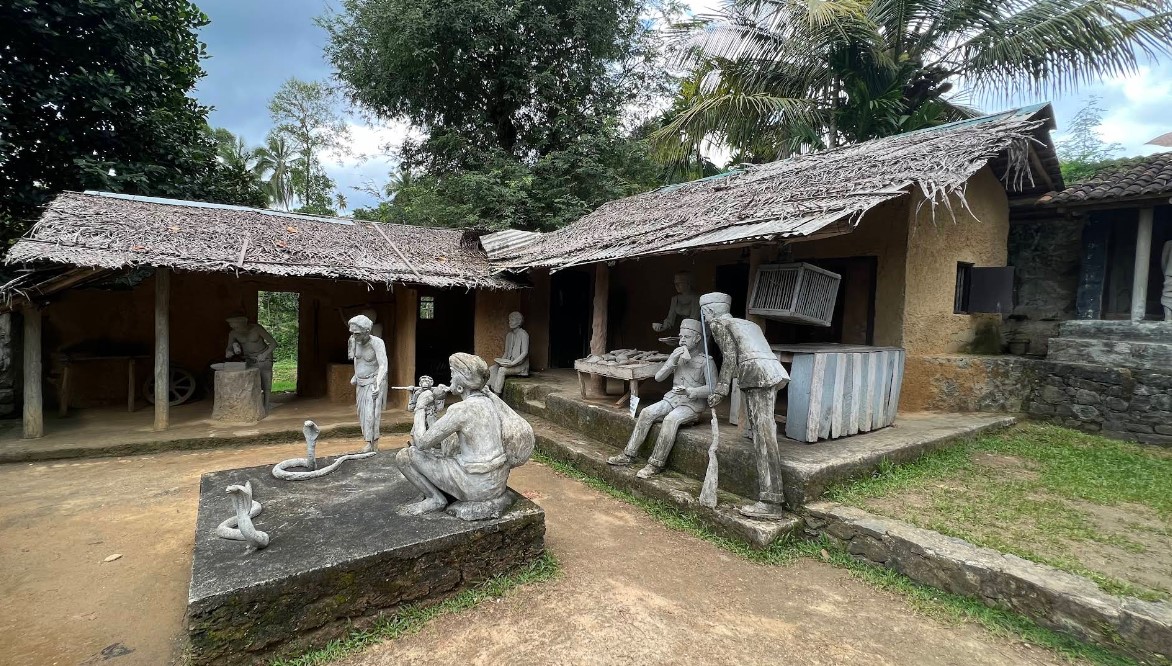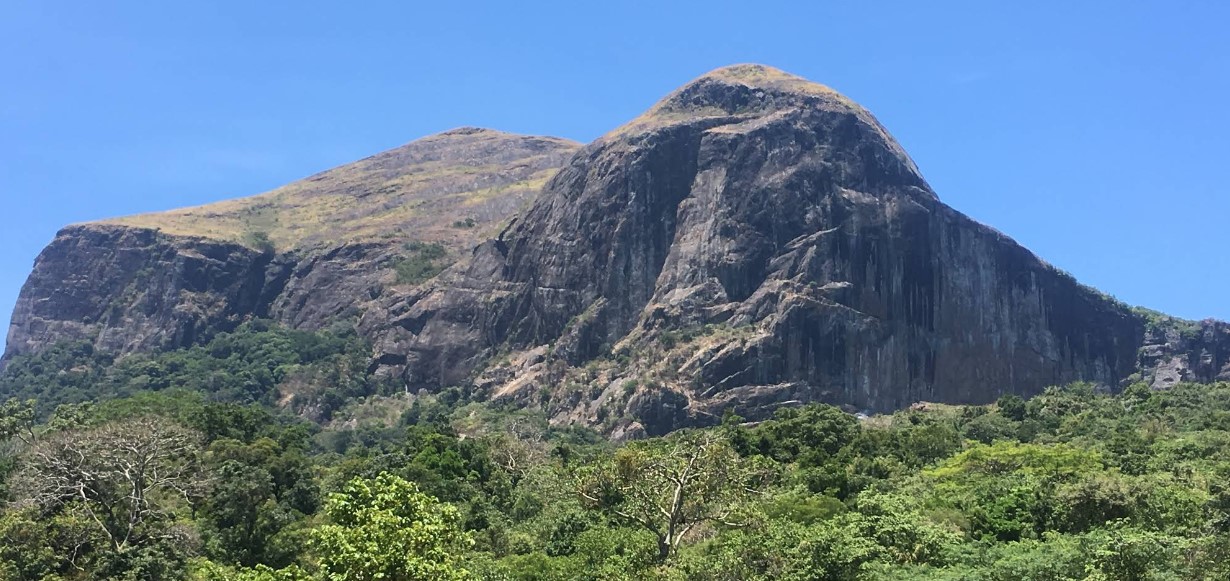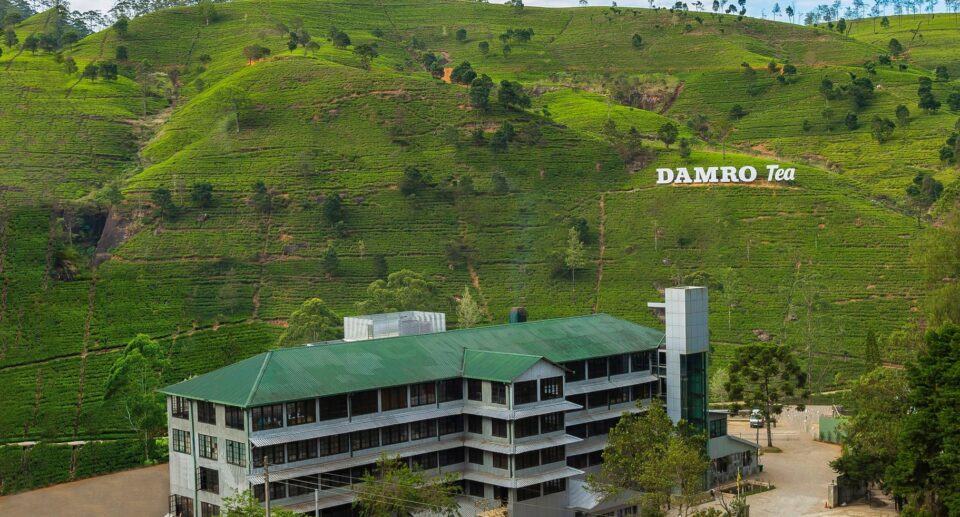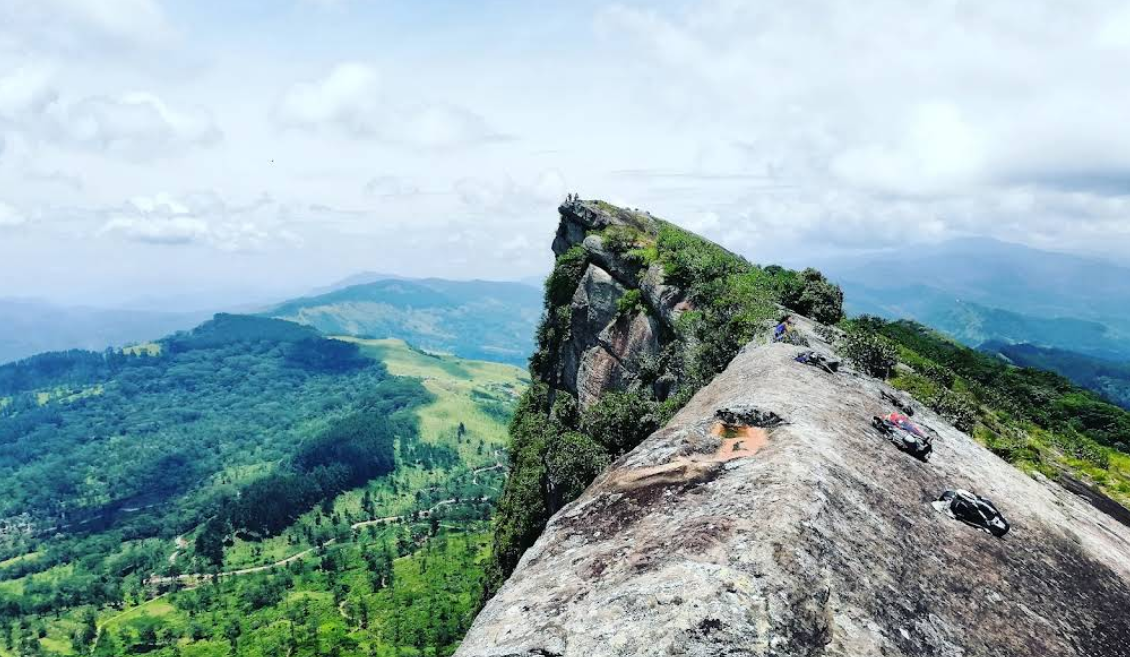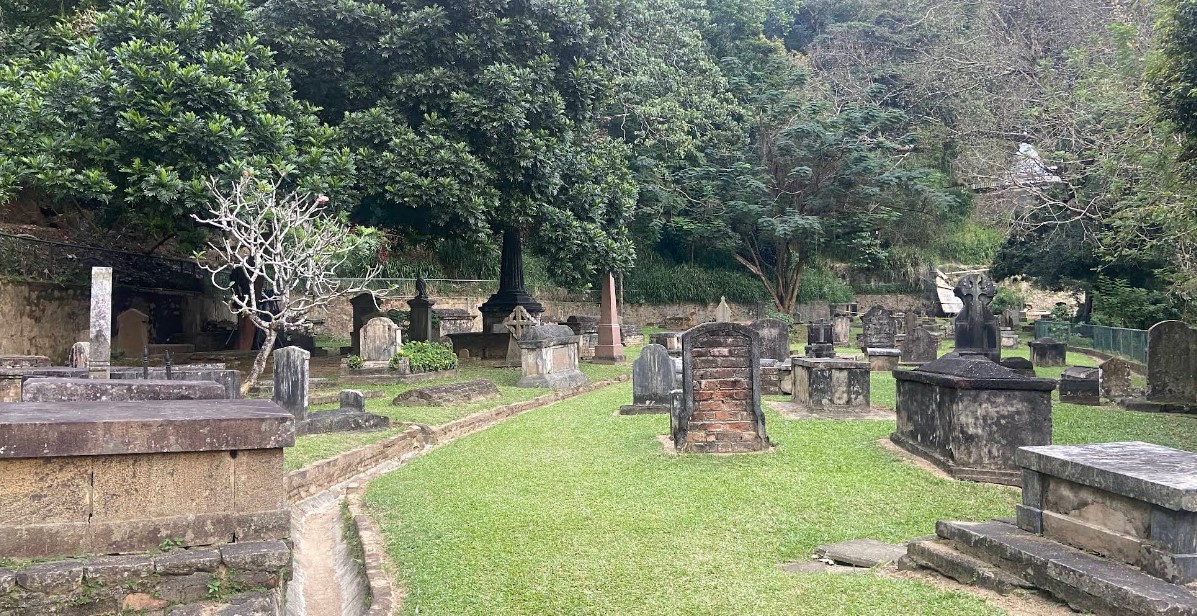Halpewatte Tea Factory: A Legacy of Ceylon Tea Production
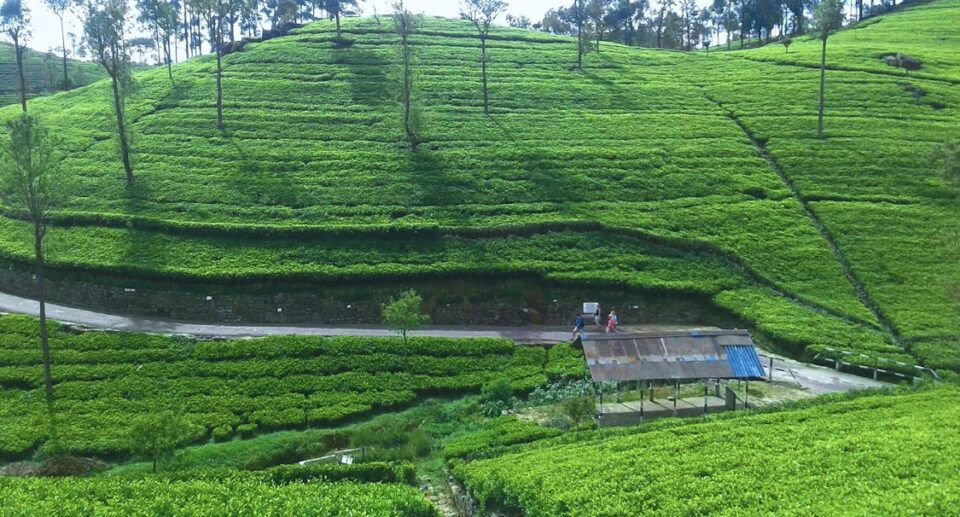
Perched atop Ella’s hills in Sri Lanka, Halpewatte Tea Factory is more than a picture-perfect view—it’s a fascinating, close-up look at one of the island nation’s most iconic industries: Ceylon tea. With its foggy mountain scenery, history-rich colonial legacy, and hands-on factory tours, Halpewatte is not just a place where tea is made—it’s a place where travelers can truly learn the story of each sip.
A Hilltop Icon
The Halpewatte Tea Factory stands around 3 kilometers up the hill from Ella town, which is a tourist hotspot on the tea-covered hill country of Sri Lanka. The factory stands at an altitude of 1,230 meters (about 4,000 feet) above sea level, and that is significant—tea grown on the highlands is greatly sought after worldwide for its light flavor and quality.
The ride to the factory is part of the experience. A sinuous road navigates through jade-green tea estates, where women in bright saris slide between tea bushes, picking the young shoots by hand. Higher up, the vista opens out: valleys in the distance, waterfalls tumbling across wooded hillslides, and the Ella Gap to the south, where ground gives way to the coastal lowlands.

The History Behind the Brew
Halpewatte Tea Factory has been around for more than 70 years, back when Sri Lanka was also called Ceylon and was controlled by the British. Like most hill country tea factories, its history can be traced to the sprawling British-owned plantations that changed the face of the land in the 19th century.
What sets Halpewatte apart now is ownership local hands under the dynamic Samarasinghe family with their Uva Halpewatte Tea business. Over the decades, they’ve developed it into one of the biggest tea producers in the Uva Province, exporting high-quality teas to a dozen countries worldwide. In spite of the international nature, the factory is very Sri Lankan, prioritizing tradition, sustainability, and community.
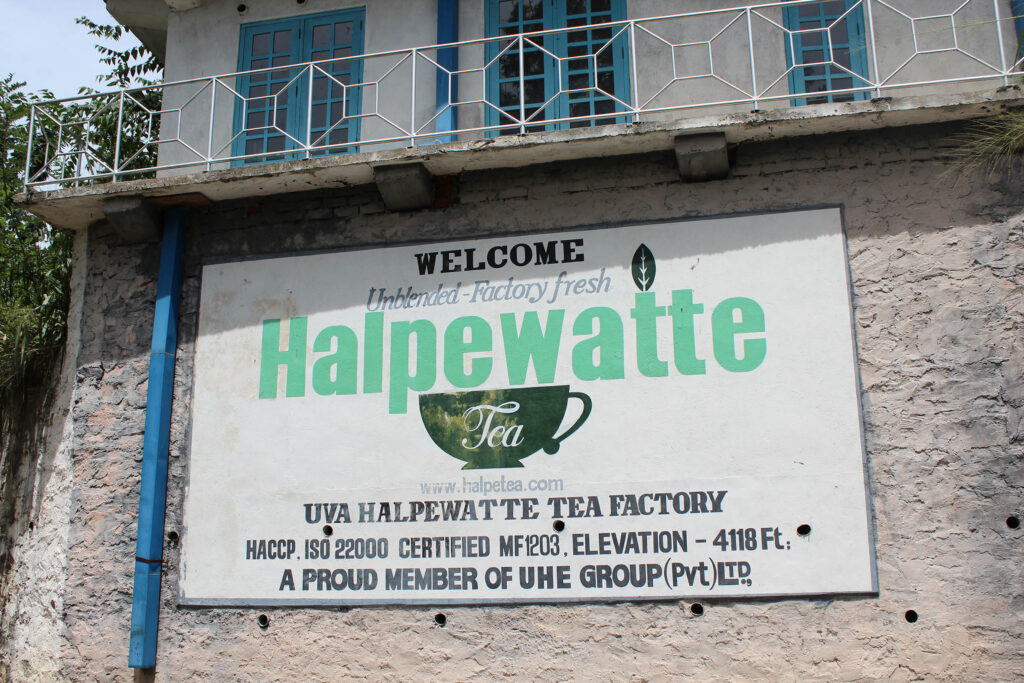
A Behind-the-Scenes Tour
The highlight of a visit to Halpewatte is the guided tea factory tour. It’s not a touristy showpiece it’s a real, working factory, and you’ll get to see the full process of how tea is made, from leaf to cup.
The tour commences with a stroll through the weighing station, where pickers unload fresh tea leaves by the sack. Your guide a local more often than not with years of exposure to the tea industry—will discuss how the leaves are sorted, withered, rolled, fermented, dried, and graded ultimately. Each process is crucial, and each determines the taste and quality of the tea.
Arguably the most poignant part of the tour is the withering troughs tall, shallow vats in which fresh leaves are spread out and permitted to wilt under predetermined conditions. The earthy smell is strong and soothing, the combination of grass, flowers, and the early beginnings of what will ultimately be tea.
From there, you’ll watch as the leaves pass through mechanical rollers and fermentation chambers, then through giant ovens that dry and preserve them. The final product is sorted by size and quality—from the high-grade leafy teas to the finer broken varieties used in teabags.
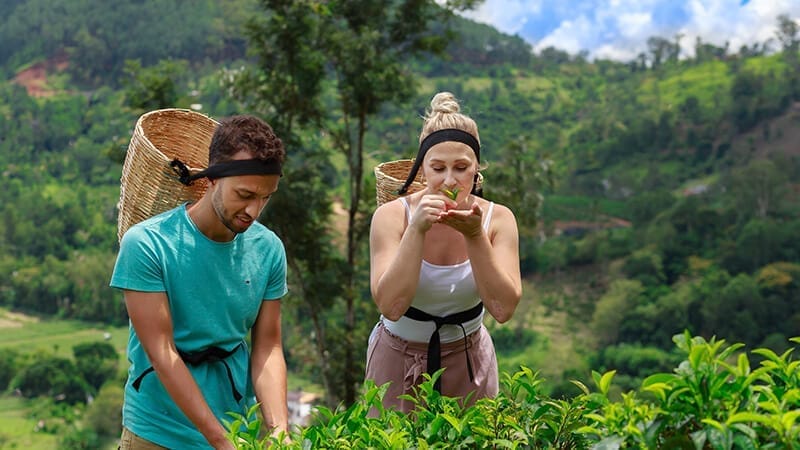
Every step is accompanied by lavish commentary, stories, and the occasional sample to touch or sniff. And of course, no tea factory tour would be complete without a tasting session.
Tasting the Difference
At the end of the tour, visitors are invited to the factory’s tasting room—an airy space with panoramic views of the surrounding hills. Here, you’ll get to try several varieties of Uva tea, including light golden high-grown teas, rich and malty BOP (Broken Orange Pekoe) blends, and possibly even some flavored or herbal infusions.
The guides will explain how to evaluate tea using the “three S”: see, smell, and sip. You’ll notice how altitude, weather, and processing technique all influence the final cup. It’s a moment of slow, sensory appreciation and after learning how much care goes into every leaf, it’s easy to understand why Sri Lankan tea is considered some of the best in the world.
Those who stop by choose to take some loose leaf tea packages or gift packs from the on-site tea shop, which sells factory direct and tastefully packaged merchandise.
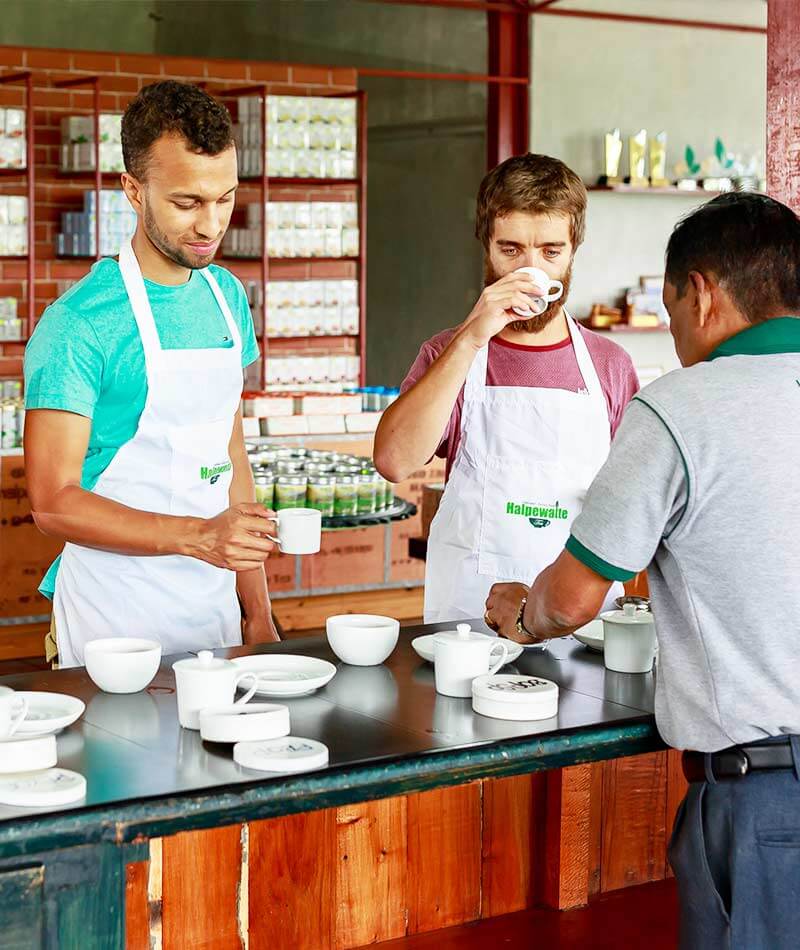
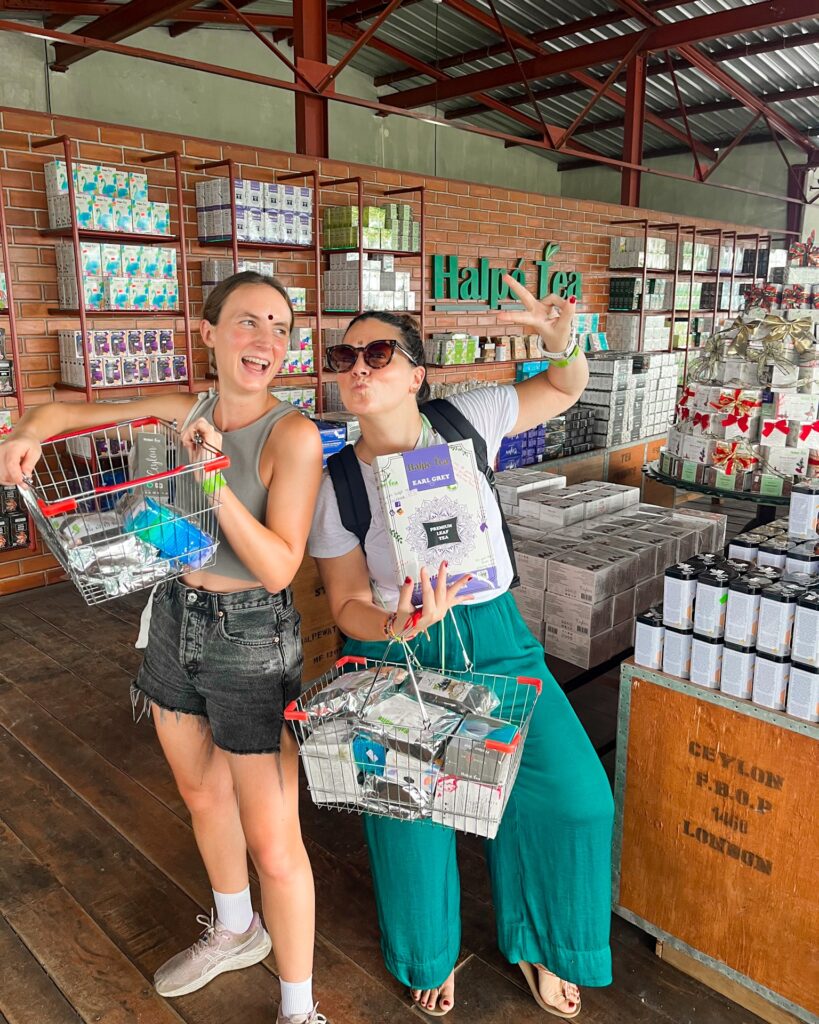
More Than Just Tea
Halpewatte is not just a factory. it’s part of an extensive ecological complex that sustains local communities. The tea industry in Sri Lanka is intensive, and Halpewatte hires hundreds of locals from the surrounding villages. The company is known for providing fair wages, accommodations, and school facilities for the families that depend on the estates.
Halpewatte also has been striving for sustainability over the past few years. From green packaging to solar energy and waste reduction practices, there is growing attention to going green while producing the best tea.
A Serene Stop in Ella
While Ella is normally synonymous with train travel, trekking to Ella Rock or Little Adam’s Peak, and the Nine Arches Bridge, visiting Halpewatte Tea Factory is a unique experience altogether one that is less frenetic, more reflective, and intimately tied to the culture of the region.
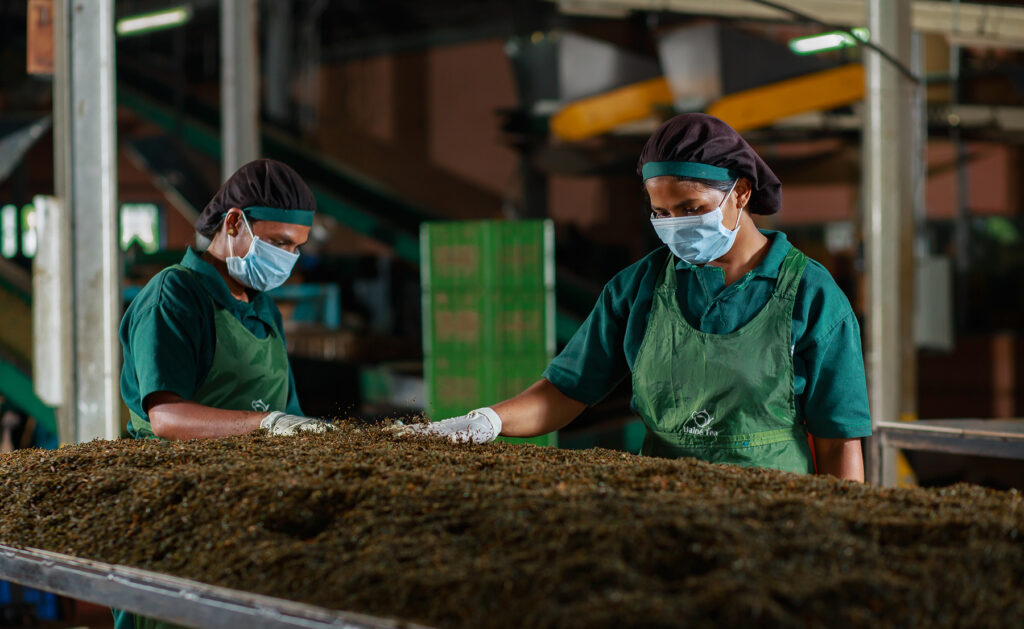
Tourists typically pair a factory visit with a short walk around the adjacent tea estate, where you may stroll down between the rows of Camellia sinensis (the tea plant) and observe the pickers at work. Some even arrange hands-on sessions how to pick tea leaves or helping to sort a batch at the factory.
There is also a small on-site café where you can order a steaming cup of tea prepared freshly and served with a piece of cake or Sri Lankan snack while you take in the view. With cool mountain air and bird sounds in the background, it’s the perfect spot to pull over, sit back, and take in the magic of hill country.
Why It Matters
Halpewatte Tea Factory is not merely a look into the tea-making process. it’s a look at the history, economy, and geography of Sri Lanka. It’s where technology meets tradition, where hard work becomes warm and beautiful, and where visitors can get to know the island’s most famous export on a human level.
Whether you’re a tea connoisseur or simply curious, a visit to Halpewatte is unforgettable. It reminds us that even the simplest pleasures a warm drink, a quiet view are rooted in stories, effort, and generations of care.


